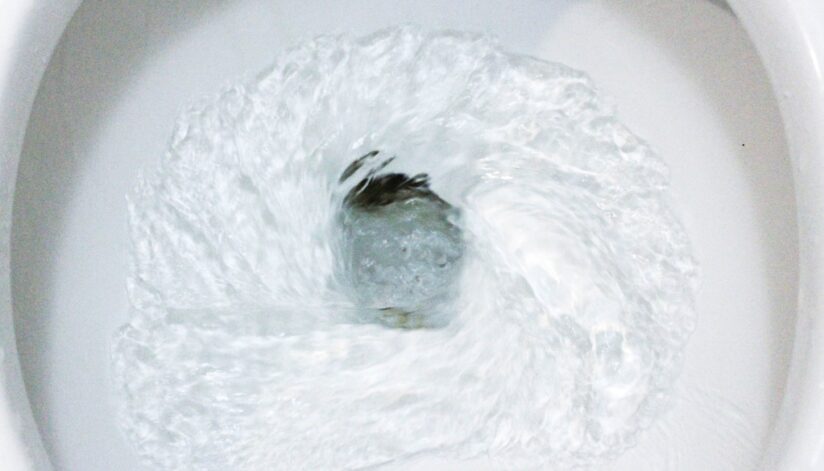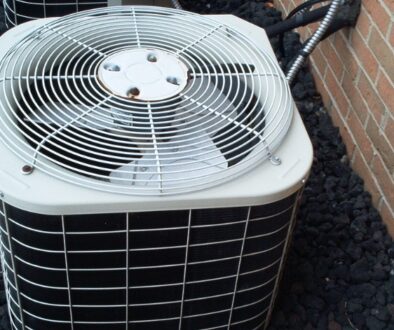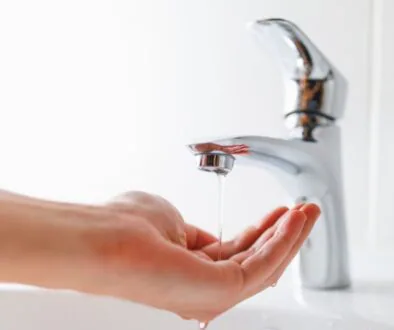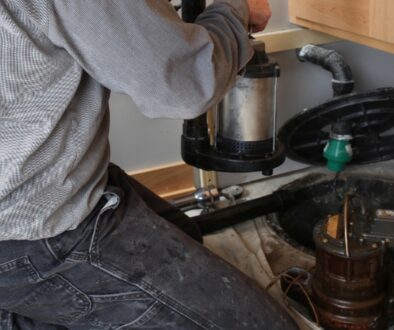What NOT to Flush Down Your Toilet (And Why It Matters)
Your toilet may seem like a convenient way to dispose of certain items, but it’s not designed to handle everything you might toss in. Flushing the wrong materials can lead to clogs, damage to your plumbing system, septic tank issues, and expensive repairs. While it’s easy to assume that anything labeled as “flushable” is safe, that’s often not the case. In this blog, the plumbing experts at Niebuhr will highlight what not to flush down your toilet, why it matters, and how to protect your plumbing system from unnecessary damage.
The Golden Rule Of Flushing
The only things that should ever go down your toilet are human waste and toilet paper. Toilet paper is designed to break down quickly in water, making it safe for plumbing systems. Anything else, even items labeled as “flushable,” can cause problems for your pipes, septic system, or municipal sewer.
What NOT To Flush Down Your Toilet
Here’s a list of common items you should avoid flushing and the reasons why:
1. Wipes (Even Flushable Ones)
Baby wipes, makeup wipes, cleaning wipes, and even “flushable” wipes are among the top culprits for clogged pipes. While these products might claim to be safe for toilets, they don’t break down like toilet paper. Instead, they can accumulate in your pipes, leading to blockages that require professional plumbing assistance.
2. Tissues and Paper Towels
Tissues and paper towels are made to be more durable than toilet paper, meaning they don’t break down as easily in water. Flushing these items can result in blockages in your plumbing or septic system.
3. Feminine Hygiene Products
Tampons, pads, and other feminine hygiene products should never be flushed. These items are designed to absorb liquid, which makes them swell and potentially block pipes.
4. Cotton Balls, Swabs, and Pads
Cotton products may seem harmless, but they don’t dissolve in water. Instead, they tend to clump together, creating blockages in your pipes.
5. Dental Floss
Dental floss might be small, but it’s a big problem for plumbing systems. It’s not biodegradable and can wrap around other debris, worsening clogs.
6. Grease, Oils, and Food Scraps
While these are more commonly poured down the kitchen sink, some people use the toilet as a backup disposal. This is a big mistake, as grease and oils can solidify in your pipes, narrowing the diameter of your pipes, and making clogs more likely.
7. Hair
Hair might seem small and harmless, but it tangles with other materials in pipes, creating blockages that are difficult to clear.
How These Items Can Damage Your Plumbing
Flushing these items can lead to a range of problems, including:
- Clogged Pipes: Items that don’t break down can accumulate and block water flow.
- Damaged Septic Systems: Non-biodegradable materials can disrupt the natural breakdown of waste in your septic tank, leading to costly pump-outs and repairs.
- Sewer Backups: Clogs in your home’s plumbing can lead to backups, which can cause extensive damage and require expensive repairs.
- Environmental Harm: Items that make it past your plumbing system can pollute local waterways, harming wildlife and ecosystems.
How To Protect Your Plumbing
To keep your plumbing system running smoothly, follow these tips:
- Educate Your Household: Make sure everyone in your home understands what’s safe to flush and what isn’t.
- Provide Trash Cans: Place a trash can in every bathroom to discourage flushing inappropriate items.
- Use Drain Covers: Install drain covers in your sinks and showers to catch hair and other debris.
- Schedule Regular Inspections: Periodic plumbing inspections can identify potential issues before they become major problems.
What To Do If You Have A Clog
If you suspect your toilet or plumbing system is clogged, here’s what to do:
- Use a Plunger: For minor clogs, a plunger can often resolve the issue.
- Avoid Chemical Drain Cleaners: These can damage your pipes and are often ineffective for severe blockages.
- Call a Professional: For stubborn clogs or recurring issues, contact a trusted plumber like Niebuhr Plumbing, Heating, and Air Conditioning for expert assistance.
Conclusion
Flushing the wrong items down your toilet can lead to costly plumbing issues and environmental harm. By sticking to the golden rule—only flush toilet paper and human waste—you can protect your home’s plumbing system and avoid unnecessary repairs.
If you’re dealing with persistent clogs or need professional plumbing services, Niebuhr is here to help and serve La Crosse, Onalaska, West Salem, and surrounding areas.




